Without a doubt, property division is one of the most complicated parts of getting divorced. Even when both spouses agree on how to divide their marital property, they must still comply with the law. This means that a court might reject your agreement and make these important decisions without much input from you and your spouse.
Since New York is an equitable distribution state, property agreements must be fair to each party. For example, the spouse who earns the least or has very few separate assets typically receives a larger share of marital property.
A concern for many entering the divorce process is the prospect of losing what was once their separate property. Such property is at risk if you have mixed your separate property in with your marital property. Known as the commingling of funds, this can wreak havoc on the property division stage of divorce. Examples of commingling include the following.
- Depositing inherited money into a bank account you share with your spouse
- Pooling your separate money with your spouse’s money to buy a car
- Putting funds from separately-owned investment accounts into jointly-owned accounts
- Using money from a joint bank account to pay the mortgage on a home you owned before marriage
It is wise to avoid commingling your separate property with your marital property. However, most couples do so because they never expect to get a divorce. Those concerned about losing what were once their separate assets during the property division stage should seek counsel from an attorney. Together, you can work on strategies to protect at least some of your assets.



